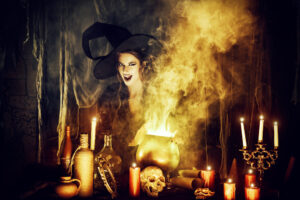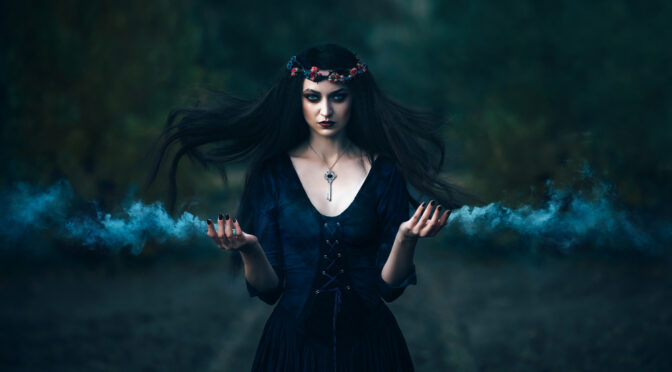It’s amazing how many misconstrued assumptions about something can turn into “fact” when enough people repeat them. Witchcraft and Wicca are looked at with questionable, and oftentimes worrisome glances due to the amount of misinformation floating around out there.
As someone who practiced Wicca for over a decade, I would like to set the record straight about a few of the more widely-spread inaccurate misconceptions. Keep in mind, as with any other religion, there are bound to be some aspects left up to debate.
First, let’s take a look at what Wicca and witchcraft really are before we go on to clarify what they aren’t.
Wicca and witchcraft have much in common, but they are not exactly the same. Someone can be a witch, without being a Wiccan, just like someone can be a Christian, without being a Protestant. Wicca has been a recognized religion since the 1950’s, and is based on ancient witchcraft traditions and rituals.
Some of these traditions stem from Celtic origins, but that doesn’t mean Wicca is necessarily connected to the Celts or the Druids, though there are specific Celtic-Wicca denominations within the religion.
Despite what some might think about Wicca, it is actually a very peaceful and harmonious way of life. They see the universe as a balanced entity and promote oneness within all living beings and things. In fact, practicing Wicca is what brought to me my spiritual path; there are many similarities between Wicca and spirituality. You’ll see what I mean, as I continue to shine light on the subject at hand.
Wicca can be practiced either in a coven, or on your own. If you’re not one for social gatherings or don’t know where to find a local coven, I recommend Scott Cunningham’s book, “Wicca: A Guide for the Solitary Practitioner” This book contains everything you need to know for living life magically, spiritually, and wholly attuned with nature.
Now that we’ve gone over the very basic definition of Wicca, let’s get down to those misconceptions. All of which, I have heard far too often in life.

